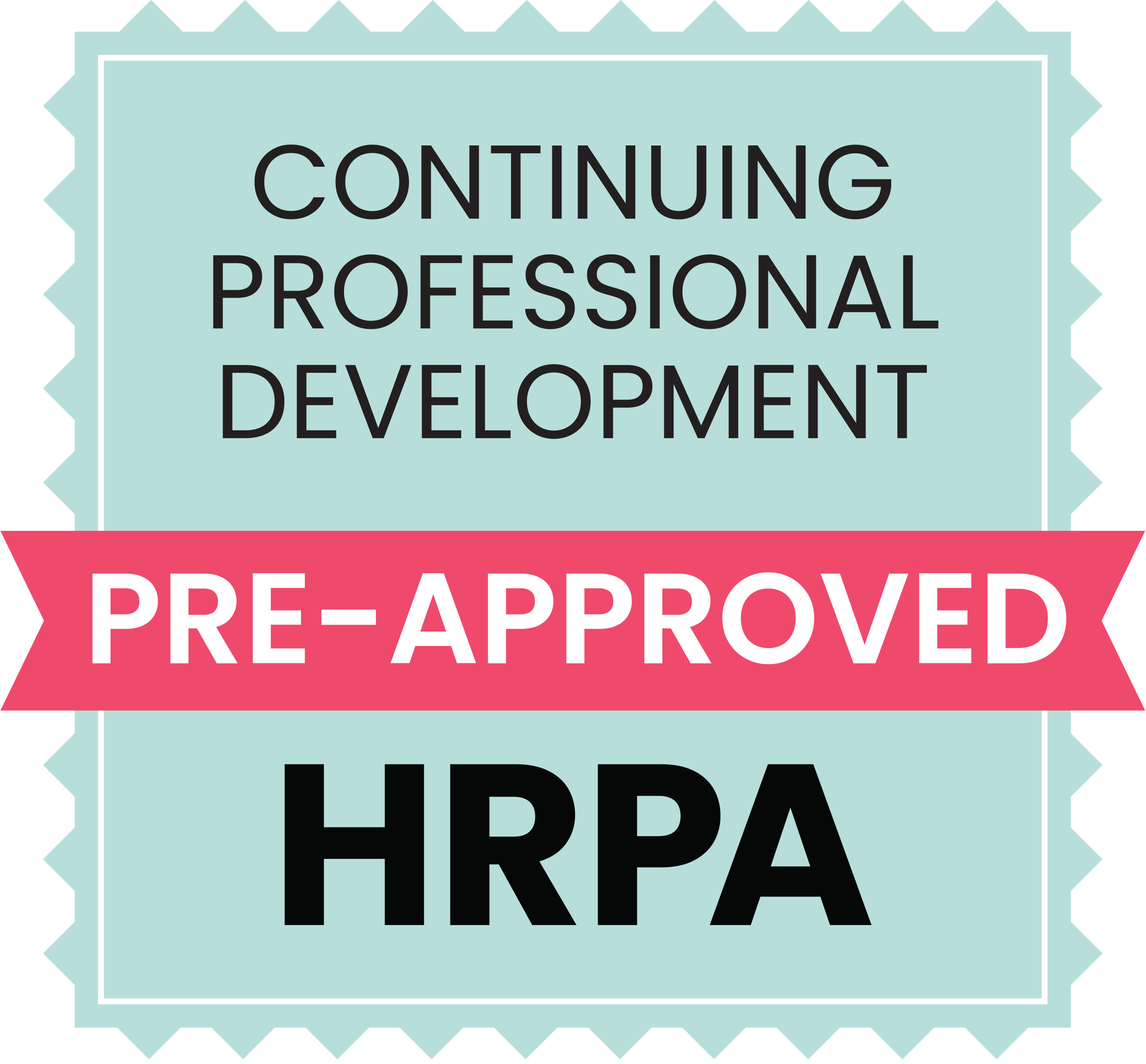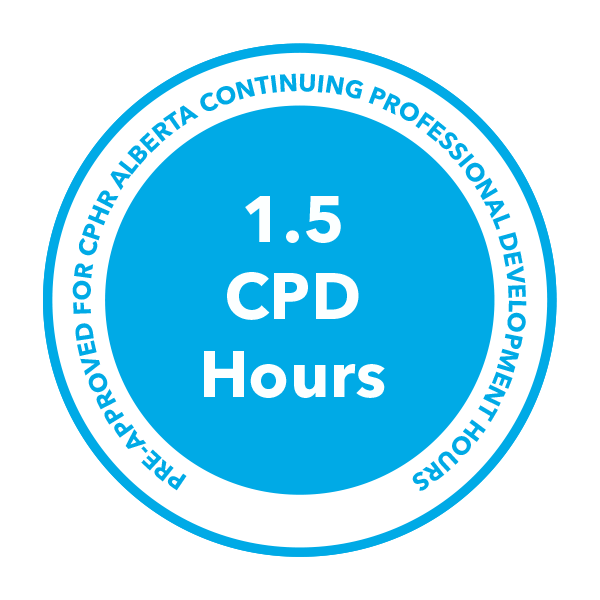October 24, 2017
Workplace conduct, whether it be employee behaviour or employer actions, often comes under scrutiny in civil law forums through wrongful dismissal actions, grievance arbitrations, and human rights proceedings. Much less often does workplace conduct become the subject of a criminal investigation, but when the criminal law is engaged, the stakes for employers, unions and employees can be much higher. In this session, criminal law experts will discuss situations in which the criminal law intersects with workplace law. Guidance will also be provided on how workplace parties can protect themselves from both criminal and civil liability.
- Employee crime in the workplace: In what circumstances should an employer call the police to investigate a possible crime in the workplace? For example, should employers call the police to investigate possible employee theft of employer property? Should an employer call the police any time an employee accuses a co-worker of assault? What if it’s an alleged sexual assault? What are the privacy rights of employees under investigation? If the police start a criminal investigation, should an employer still conduct its own investigation into the misconduct? How is an employer investigation into misconduct affected by a concurrent criminal investigation? Can an employee be disciplined for remaining silent during an employer’s investigation into misconduct if a criminal investigation into the employee’s conduct is still ongoing? Does an employee or witness have an obligation to speak to the employer after the criminal investigation is concluded? In what circumstances, if any, can/must an employer assist police in their investigation by giving them access to employer-owned devices used by an employee? What is the union’s role in representing an employee under investigation who is accused of criminal activity at the workplace or in the course of employment, or during questioning as a witness? What should employers and unions know about criminal process and procedure to help them better manage situations involving an employee under investigation, charged with a crime or facing a criminal trial?
- Employer crime: What type of employment-related actions by an employer will result in a criminal investigation into the employer? For example, when will an employer be investigated pursuant to the “Westray amendments” to the Criminal Code regarding negligence that causes injury or death? What type of employment-related actions by an employer will result in prosecution under occupational health and safety legislation? What personal liability do managers and supervisors potentially face when a worker is killed on the job? What role, if any, do unions and individual employees play in criminal investigations into possible criminal negligence on the part of the employer?
- Provincial offences versus criminal offences: What is the difference between a provincial offence and a criminal offence? How do the rights of employers and employees under investigation for provincial offences differ from the rights of employers and employees under investigation for criminal offences? What are the rights of employers and employees who are under investigation for an act or omission that could be both a provincial offence and a criminal offence? For example, what are the rights of an employee being questioned about events that lead to a fatal injury in the workplace?
- Civil liability for criminal actions: In what circumstances will the employer be civilly liable to a third party for a criminal offence an employee commits while on duty? When, if ever, can a union be held civilly liable for criminal actions of bargaining unit members and executive members? What should employers and unions do to avoid civil liability for employees’ criminal actions? What role does a criminal charge or the disposition of a criminal trial play in arbitration proceedings? For example, will an arbitrator uphold a suspension based on a criminal charge pending trial, and if so, when? Will an arbitrator uphold discipline of an employee for an assault if there was a finding of fact in the criminal trial that the employee did not commit an assault? Will an arbitrator order an employer to pay damages for a death in the workplace if the employer has been found criminally responsible for the death?

This program has been approved for Continuing Professional Development 1.5 hours under Category A of the Continuing Professional Development (CPD) Log of the Human Resource Professionals Association (HRPA).

This program has been approved by CPHR Alberta for 1.5 Continuing Professional Development hours. CPD hours for this event can be logged online, through your CPHR Alberta member profile.
- This audio conference has been approved by the Law Society of British Columbia for 1.5 Continuing Professional Development hours.
- CPD for Members of the Law Society of Upper Canada: 1.5 Substantive Hours; 0 Professionalism Hours.
- Members of the Nova Scotia Barristers Society may count this program for 1.5 Continuing Professional Development hours.
- Members of the Law Society of Saskatchewan should contact their Law Society regarding CPD approval.

